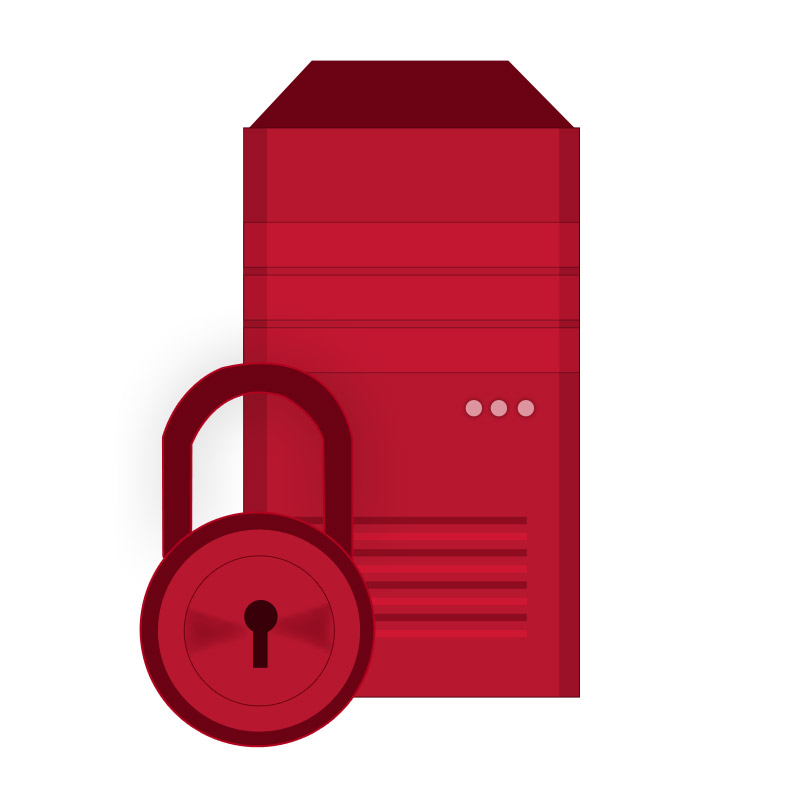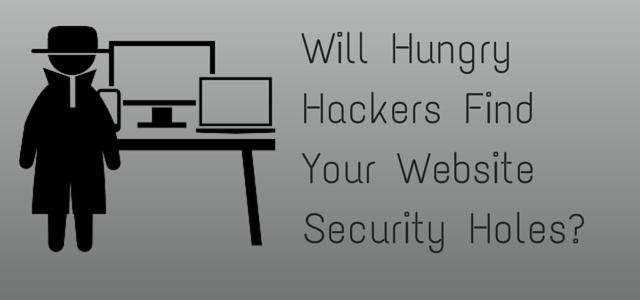-
.
(888) 338-5261
Contact Us Now
TOLL FREE (US/CANADA)(888) 338-5261
INTERNATIONAL(719) 387-9909
Sales[email protected]
Live Chat - . Client login


Website owners generally aren’t security experts. Most of us just don’t have the time to become experts, however, it is important to be aware that hundreds of thousands of websites become the victims of hacks every year.
Despite your efforts to keep up with the right security practices for your website, it can still be a daunting task. If your users have their sensitive information breached, then your website and business could be in trouble. While certain patterns of attacks and the required defense practices, many website owners still overlook some basic security practices that can create a more secure environment. Use these website security tips from the JaguarPC team to ensure a safer environment for your visitors and your website.
Secure Socket Layer certificates are more important than ever.
If your website is passing credit card numbers, emails, passwords and other sensitive information then your site should be running a SSL. HTTPS or Hyper Text Transfer Protocol Secure will display on your web address once the security certificate is enabled. SSL certificates will encrypt the data that is passed between the web browser and the server. Adding an SSL to your server will add an additional layer of security to your site that will not only protect your data but the users who rely on you to protect their own data.
Google also now favors HTTPS sites more highly and while adding security a SSL certificate will also add search and rank benefits to your website.
Passwords may seem a nuisance but they can provide a simple and easy to enable level of protection. One of the failures of passwords is that often they are simple and aren’t changed with regularity. Passwords need to be strong and have at least 12 characters which include symbols, upper and lower case letters and numbers.

A brute force attack can easily guess simple passwords like pet names and some variation of your own name. Every year a list of most commonly hacked and used passwords is published, but site owners still fail to heed the warnings. Regularly changing your passwords is also a sound practice. And, always change the default password right away. If keeping your passwords handy, secure and updated is overwhelming then consider a password vault where all your passwords are not only stored but also encrypted.
Scripts and software need to be updated. Updates for software more often then not are released for security updates over feature additions. The world of hackers is strong and hackers are constantly looking for new ways to infiltrate. If you have unused scripts in your website, then dump them. If you haven’t updated to the latest software version of your programs, then you could be leaving the back door wide open for intruders. While maintenance is rarely a welcomed task it should be on every site owners task list. A little house cleaning and tidying on your website could prevent a hack.
Malware is so stealthy and malicious that a spy bot could come into your systems almost with an invitation and manipulate or even steal your important data and leave without a trace which is why not running some type of security suite on your website is maybe the biggest risk you can take.
Malware continues to morph each and every day and most high level security suites are constantly updating to provide the most up to date protection levels. Malware has stealth powers. Websites, downloads and even images that look harmless can take you down in a matter of moments if you aren’t’ running some type of security protection. If your security service doesn’t catch it, then a bonnet can intrude into your database. Attacks are continuing to increase in frequency despite the efforts of security experts to slow the malware industry.
It is critical to be aware of what you are downloading and using and to make sure it is a trusted source. Copy cat sites, an alluring e-mail and even a seemingly innocent invitation to a new product can all be inroads for malware.
Content management systems like WordPress, Joomla and Drupal can be a field day for attacks. These platforms are used by web designers on a global scale ad attackers know where to look in these systems for easy entry points. It isn’t uncommon for website designers to overlook new CMS versions and fail to update third party plugins. The failure to keep track of and actually update can wreck havoc on your website or even worse your e-commerce store. Watch for version changes and update alerts to ensure that these are updated as soon as possible. If you don’t update, you could be a sitting duck for hackers.
JaguarPC takes security issues seriously. We want our customers to know that hackers are always on the move. More than ever they are using the dark web, tor communications and p2p. As a website owner you must be proactive with your security practices. While you may be more inclined to update your content and add new products to your shopping cart the best way to start off each new month is to take a hard look at your security practices and shore up any holes that intruders can use. If you have weaknesses in your security, it is only a matter of time before your website will be hacked.
JaguarPC offers SSL certificates, security hardening and malware protection along with many other ways to make sure your website stay secure. Don’t wait for your website to come under attack. Contact our team [email protected] or 1-888-338-5261 to find out how we can help you put better website security systems in place to protect your website, your business and your livelihood.